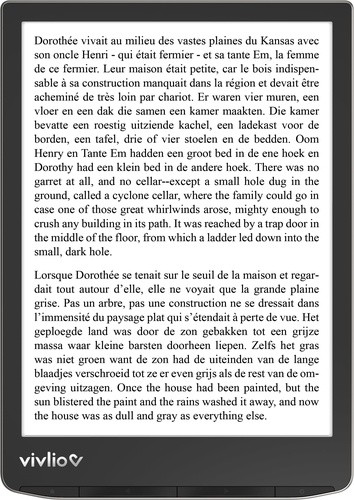En cours de chargement...
Semiosic Translation can be defined as an inclusive, all-encompassing project Although Semiosic Translation is to a large extent inspired by Peirce's semiotics and Wittgenstein's philosophy, it greatly deviates from both frameworks. This is perhaps seen nowhere so clearly as in its rejection of any fixed taxonomy conferring an absolute status to any type of trichotomous mindset, for example, the notion of Firstness, Secondness and Thirdness, as determinants of a hierarchical and derivative sign relations to itself (Sign-Object-Interpretant) and to semiosis in general.
In this vein, Semiosic Translation defines these categories as semiosic elements not necessarily issued from or confined to a given "irreversible" semiosis. A relevant consideration here is that, although translation is a conscious act embedded in the broader process of interpretation, semiotically, it is a sensory-driven process of sign transformation engendered in pre-Firstness. This is the hallmark of Semiosic Translation. Uniquely, the translative process in Semiosic Translation is defined as a transformative, borderless interplay of interlocking sign systems and not as a bestiary of sign species struggling to yield up meaning in a containerized semiotic Umwelt.
Fittingly, Semiosic Translation is construed as a purposeful, socially-driven activity (which stresses the social character of our concepts) progressing away from the action of specialized translation agents (intention and not expertise distinguishes translation and interpretation). This minor detail assumes critical significance. On the one hand, the target culture is no longer perceived as a recipient onto which the translation is projected, since many translation users are increasingly involved in the translation process themselves.





